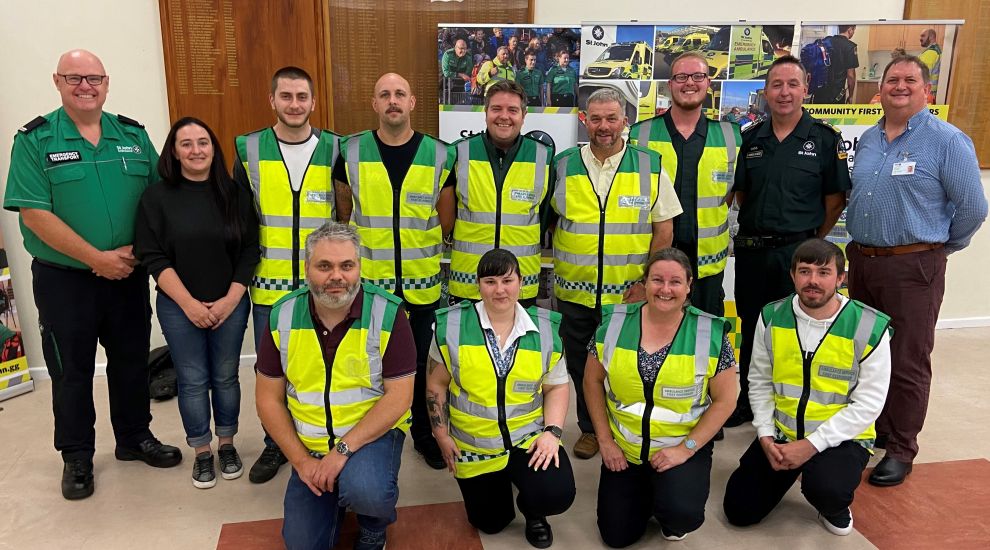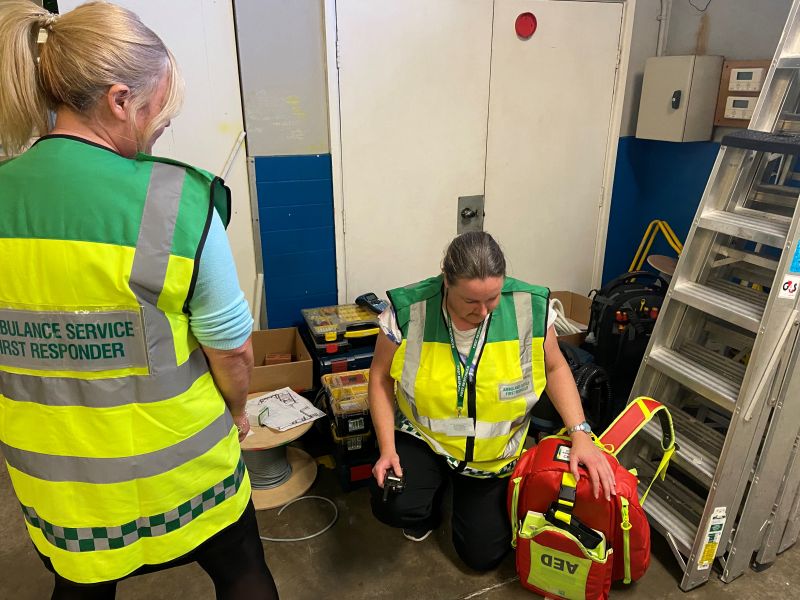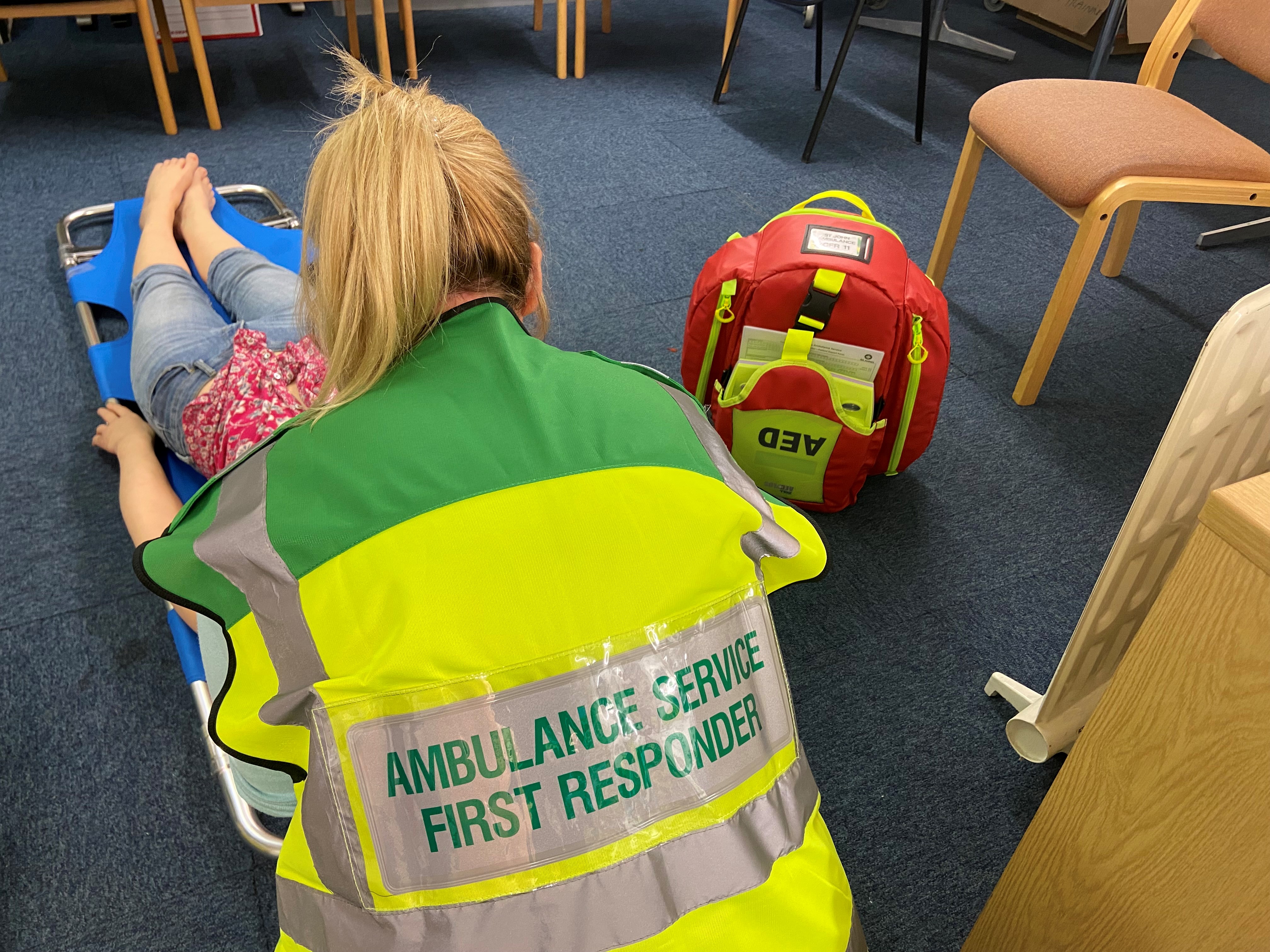

Ten volunteers have completed their training as Community First Responders.
The CFR scheme trains volunteers in life-saving skills so they can respond to the most serious of medical 999 calls in their vicinity, such as cardiac arrests, chest pains and breathing problems.
It focused on providing immediate care for patients, personal safety, communications and handling of patients before the emergency services arrive. CFRs are also assessed on their local knowledge and navigation.
“We are extremely grateful that we have people such as these who are prepared to respond, day or night from their workplaces or home to members of our community who are in urgent need of medical assistance,” said St John Community Operations Manager Phil Ozanne.
“Their intervention really can be the difference between life and death."

Pictured: The CFR scheme is run jointly by the St John Guernsey charity and the Emergency Ambulance Service.
CFRs are alerted via text message by the Joint Emergency Services Control Centre (JESCC) and if they are close by and available, they can respond from their home or workplace.
“This scheme is really important to Guernsey,” said Chief Ambulance Officer Mark Mapp.
“These volunteers provide the first few links in the chain of survival, very often CFRs will arrive before the ambulance and have the skills to give early treatment.”
New Community First Responder Janet Unitt decided to take the next step in her training through the scheme.
“I have been a work first aider for several years, and joined St John to train as an Event First Aider three years ago. I want to be able to use my skills to help others in the community.”

Pictured: The Emergency Ambulance Service also has a group of Staff Responders, made up of off-duty ambulance clinicians, and Co-Responders from the other emergency services.
Fellow CFR volunteer Jess Le Galloudec said: “Knowing I could be in the right place at the right time and I could have a really big impact on someone's chances of survival, drove me to join up as a CFR. Those extra few minutes or seconds could really help someone in need and that is a good feeling.”
The CFRs were presented with new response bags and defibrillators by Dr Neil Robinson, a Consultant in Emergency Medicine at the PEH and Medical Director of St John Guernsey.
“Time is critical when dealing with a medical emergency, having a CFR system out in the community will save minutes and minutes will save lives. The evidence is that if we can deliver early defibrillation and early attention to an occluded airway it can be brain saving and life-saving.”
Pictured top: The new volunteers have been presented with new response bags and defibrillators, ready to help in life threatening medical emergencies around Guernsey.
Comments
Comments on this story express the views of the commentator only, not Bailiwick Publishing. We are unable to guarantee the accuracy of any of those comments.